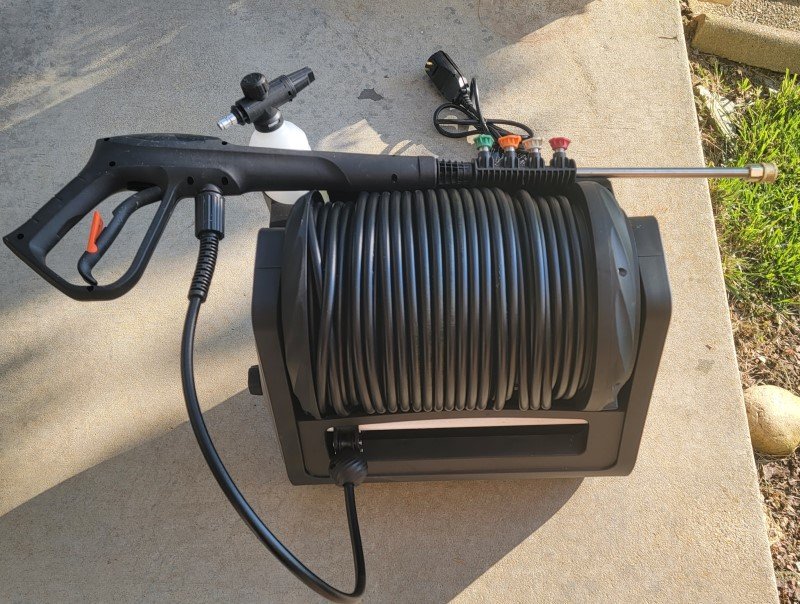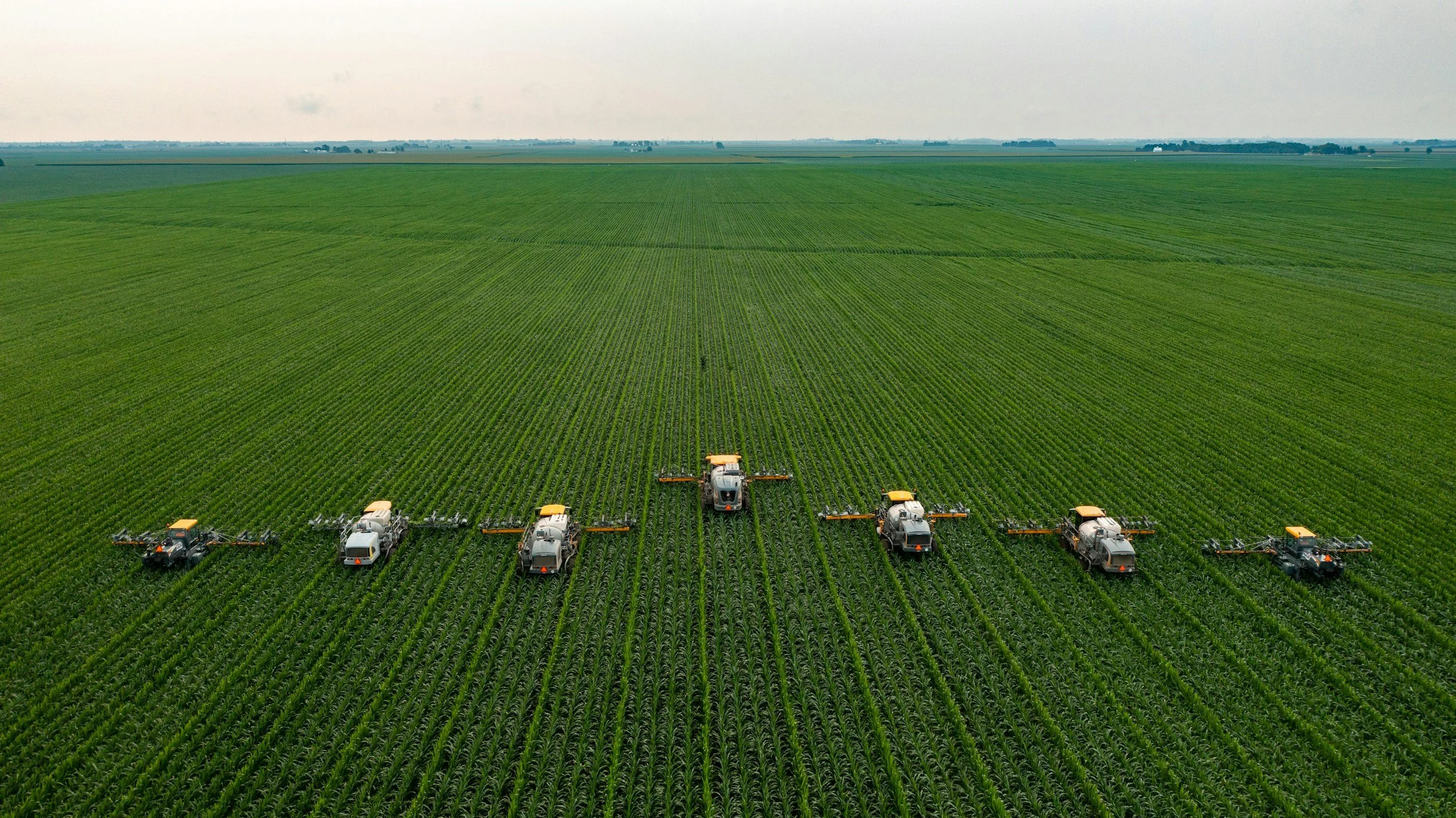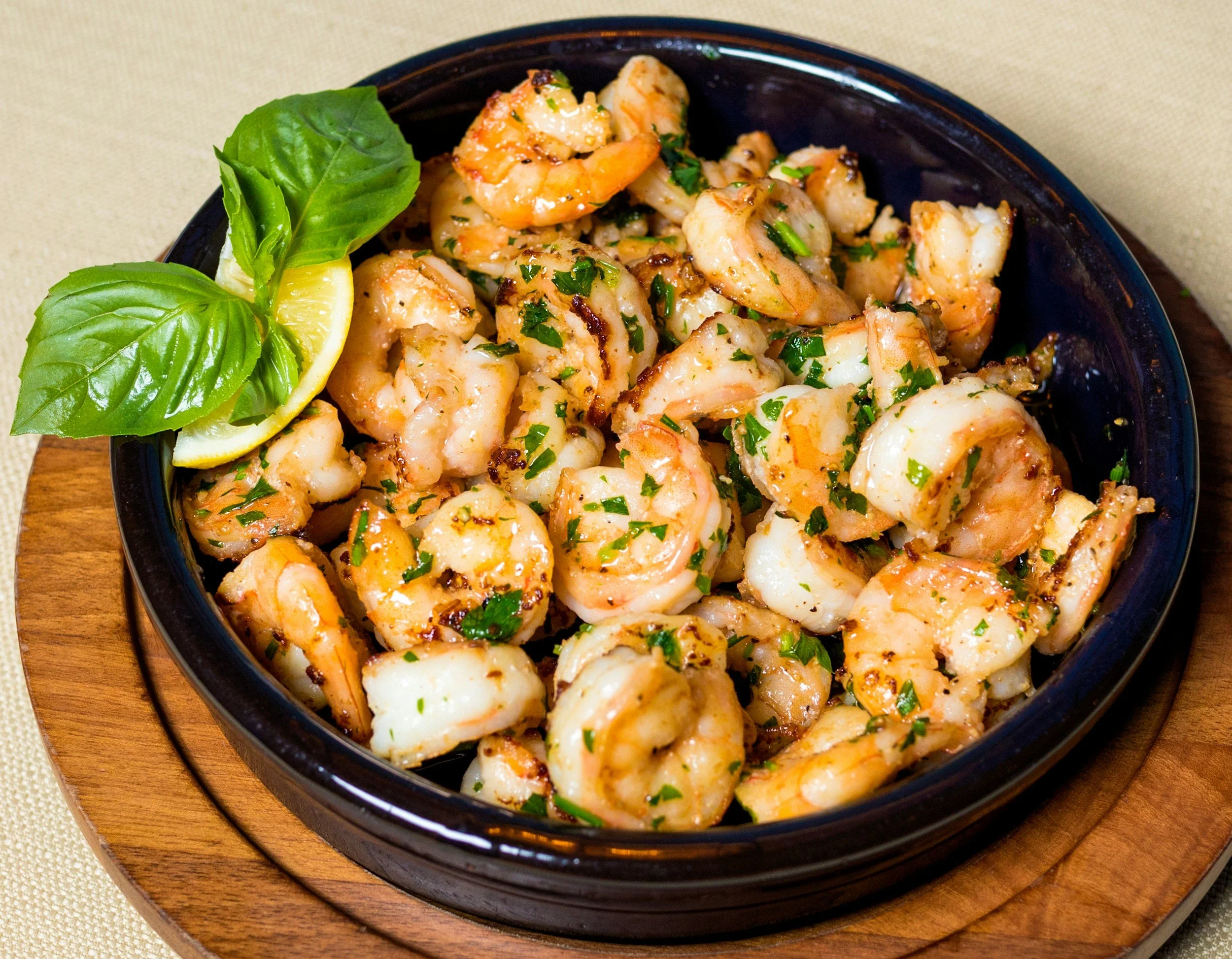Want a Healthier Home? How Pressure Washing Can Help
/An important part of home maintenance
Pressure washing is an important part of maintaining your home. It also boosts curb appeal, making your home more attractive to neighbors, visitors, and potential buyers, and increasing its value over time. While it may not be necessary to pressure wash your home more than once a year, depending on the type of materials used in its construction and the environmental conditions in your area, annual pressure washing has benefits that go beyond aesthetics and valuation: it can help you maintain a healthier home both inside and out.
The global pressure washing market is growing steadily every year and is projected to grow of this market from USD 2.5 billion in 2021 to USD 3.0 billion by 2026. The price of pressure washing machines has also become more affordable: inexpensive models run just under USD $100, while several good mid-range models, like the one pictured here from Giraffe Tools, work effectively and will last for years with proper use and maintenance. These models can be purchased for a few hundred dollars.
While the spring through fall seasons see many people pressure washing their homes themselves or hiring a contractor to do the job, many homeowners don’t know much about the connections between the health of their home and their own health. This post discusses 3 of the benefits you stand to gain from regularly pressure washing your home, and the effects of pressure washing – as well as the possible outcomes of neglecting this important part of home maintenance -- on your health and the health of your family.
Slows deterioration and improves respiratory health
Moisture formed during the winter season causes stains to appear on the roof, including the black streaks you may see coming down the shingles, which are roof mold. Mold, mildew, grease, algae, dirt, bird droppings, and pollution make your house appear dirty and will lead to a more rapid deterioration of siding and brick if left unchecked, which can cause rot or even permanent structural damage to your home.
Did you know that some of these substances can also make their way into your home? Mildew and mold spread via spores, which can travel from your roof to the interior of your home through air ducts such (such as the air conditioning system). They also can be tracked into the home from these surfaces, aggravating or triggering allergies. And all of the pollutants named above can be washed off the roof during a rainstorm and onto walkways, decks, and drives, causing these surfaces to become slippery and making them a risk for slips and falls.
Those who suffer from allergies are most susceptible to the negative effects of these pollutants, but even people who don’t have allergies can suffer from respiratory problems as a result. A yearly pressure washing of the walls, windows, roof, and gutters of your home can cut down risks, lower maintenance costs and eliminate expensive repairs.
Boosts curb appeal -- and your mood!
Curb appeal is a term that has become something of a buzzword in today’s world, with home improvement and house flipping shows having become popular in the last decade or so. Curb appeal essentially means the way your home looks to the average person viewing it from the street. A home that looks clean, in good repair and has appealing landscaped elements – or at least a well-maintained yard – is more likely to appeal to potential buyers. A home that lacks curb appeal can not only turn off potential buyers, it can also contribute to the depression of the potential sale prices of other houses on your street. Pressure washing your home on a regular basis, therefore, is part of the process of enhancing its curb appeal. Whether or not you are planning to sell your home, a yearly pressure wash will also increase its value home, making it look newer and more aesthetically pleasing.
Aside from enhancing the visual appeal of a home that is clean on the outside, a home that is kept clean by regular pressure washing can also boost the mood of the people living in it, since a clean home is one to be proud of. You’ll also feel more confident that when you invite guests over, they (and you) won’t be put off by your home looking neglected or in disrepair.
Can eliminate the need for harsh chemicals
If done yearly, you can usually get away with pressure washing your home just using water. However, water alone may not be enough if it has been more than a year since your home was last washed. Left unmaintained, your home will likely need heavier duty cleaners to eliminate surface pollutants and contaminants. Although there are a few products out there that are – or claim to be – environmentally friendly, they may not be strong enough to get rid of all the substances that have accumulate on your home. In that case, you will likely need to turn to heavier-duty chemicals to ensure a thorough clean. The chemicals and detergents used for pressure washing may include mildewicides, bleach, sodium hypochlorite, sodium, hydroxide, or ammonia, which can be caustic or cause irritation to the skin, eyes, gastrointestinal tract, and respiratory system. Some of these substances are harmful to children, pets, and plants, and not all of them are biodegradable. They can be washed down storm drains and reach local waterways, polluting them. Moreover, the residue from these chemicals can make their way into your home, especially if you don't remove your shoes at the door.
pressure washing a fence
Avoid Doing More Damage with a Pressure Wash
Pressure washing is an important part of maintaining the appearance and health of your home, and by extension, the health of its inhabitants, as noted above. However, it is important to follow some safety measures to ensure that you don’t damage your home. DIY pressure washing involves more than just connecting your garden hose to a pressure washer and spraying the surface of the home; it takes a bit of skill to do it correctly.
Spraying too vigorously can damage siding or paint, and it is not recommended for fiber cement siding or for some kinds of stucco as these surfaces can be damaged by the process. On the other hand, pressure washing isn’t difficult to DIY. Choose a mild weather day, close outdoor outlets or cover them with duct tape, wear eye protection and rubber boots, and use scaffolding instead of a ladder if possible (or secure the ladder so you are not knocked off if the pressure washer hose recoils). Test a small area and work from top to bottom. With a little patience and practice you’ll be able to do it yourself. If you have to hire a company to do the job, be sure to check the company’s reviews and ask about the chemicals they are going to be using for the job.
With a little annual maintenance to your home’s exterior with a pressure wash once every year or two, you can enhance its appearance and value, and preserve or improve your own health at the same time.
Like this? Please pin!







































